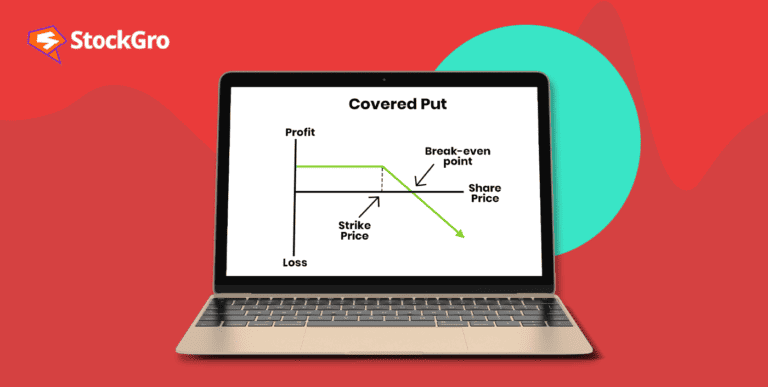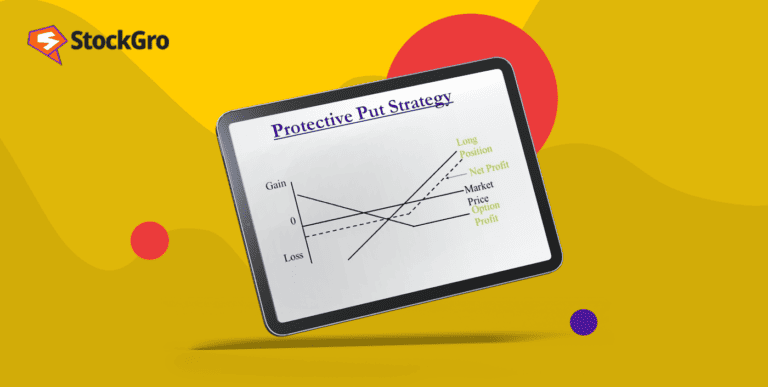
Options are a very crucial and important part of the investment world. They play a large role in providing flexibility to traders in terms of their investments. The options that come to mind first when we think of them are vanilla options, which are the most traditional form of the derivative. You can read more about them here.
Imagine options trading as a culinary journey, where traditional options are the classic home-made recipes you know by heart, and exotic options are the innovative fusion dishes that you’d pay good money to taste. Now, apply that to your investments.
While everyone knows about traditional options, exotic options have a unique set of features and payoffs that differentiate them from the former.
In this article, that’s exactly what we’re going to talk about. We’re going to understand what these options are all about, whether they’re really any different from vanilla options, and whether you’ll benefit by engaging in them.
What are exotic options?
There are several aspects in which exotic options differ from regular ones, which include payment structures, exercise prices, or their expiration dates.
Most investors and traders use exotic options because these derivatives give them the flexibility to explore alternative investments.
Exotic options can be customised to fit the exact specifications of the trader, which is a unique value add to many industries.
Differences between exotic and vanilla options
Flexibility in investment is unique to exotic options, which means they’re a great choice for when you’re looking to hedge your investments or manage your portfolio risk.
An exotic option, for instance, could have specific details on how the payoff is determined, when the option can be exercised, etc. These derivatives are usually only sold in the OTC market, which is a dealer-broker network, unlike the NSE or the BSE, which feature retail investors and traders as well.
Another significant difference between vanilla and traditional options is that the underlying asset for exotic options can differ a lot.
For instance, while vanilla options are in most cases, based on publicly-traded securities, exotic options can be used to trade commodities like lumber, corn, oil, natural gas, etc., along with traditional stocks and bonds.
You may also like: What is a commodity? A short guide before you trade
Types of exotic options
The best way to understand the unique value add of exotic investments is to understand what types they come in. Here are the most common ones:
Barrier options
Barrier options use “knock in” or “knock out” strategies based on the underlying asset’s price, which is set at a predetermined level called the “barrier”. These barriers are used to hedge against or speculate on price movements beyond specific price points.
For instance, a “knock-out” call option with a barrier at ₹1,000 means the option becomes worthless (knocks out) if the stock’s price falls below ₹1,000.
Conversely, a “knock-in” option only becomes active (knocks in) when the stock’s price reaches ₹1,000. This can be thought of in terms of SLM orders in normal stock trading.
Asian options
Asian option payoffs are based on the average price of the asset over time, unlike traditional options which take into account a predetermined date, which is also known as the expiration date.
Since prices always even out over time, whether high or low, Asian options are considered less risky and less volatile.
For instance, if gold is the underlying asset for your investment, instead of considering the price of gold at a certain specified date (which is the case with most options), the payoff is based on the average price of gold over a month.
Digital options / binary options
These are also known as binary options, which offer fixed payments to you, the investor, on the asset’s price when it reaches a certain level. This also holds when the price stays above/below this price when the expiration date rolls around.
For instance, a binary option might payout great returns when asset prices are above ₹5,000, and nothing when they’re below ₹5,000.
Also Read: Debt instruments in India: Understanding your investment options
Lookback options
Lookback options give you the option to figure out your payout amount based on the highest or lowest prices of the asset over the entire life of your contract.
By having a look back at the volatility of your contract and using the option to determine the most favourable instances for you, you can capture extreme price movements when you’re making the most money – or in finance terms, when your options are in-the-money.
Pros and cons of trading in exotic options
Pros
- Customisable, making risk management easier and more effective
- Wide variety of underlying assets to choose from
- More flexible than regular options
- Reduced volatility exposure
- Lower premiums, making them more cost-effective
Cons
- Since exotic options are highly customisable, they come with more risk as well
- Reaction times in price can differ from the larger market, which could be a potential problem for high-volume traders who are strapped for time
Conclusion
Exotic options, therefore, are not for everyone. While they do have a unique value proposition, they also come with a lot more risk.
Seasoned options traders who want to manage their risk effectively should indulge in trading exotic options. Make sure that you’re up-to-date on your research before you decide to trade in exotic options. Good luck!

